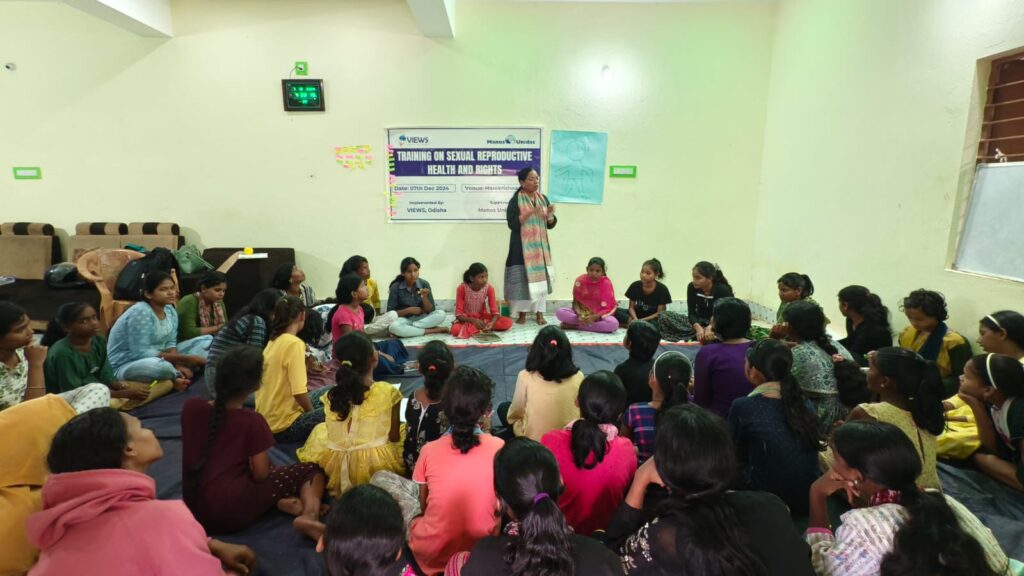
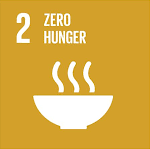
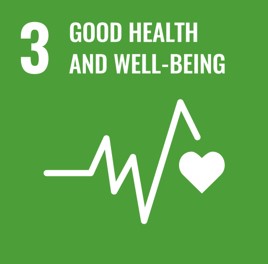
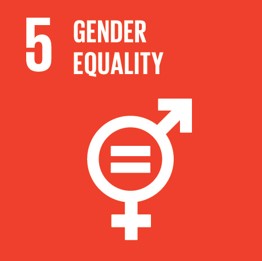
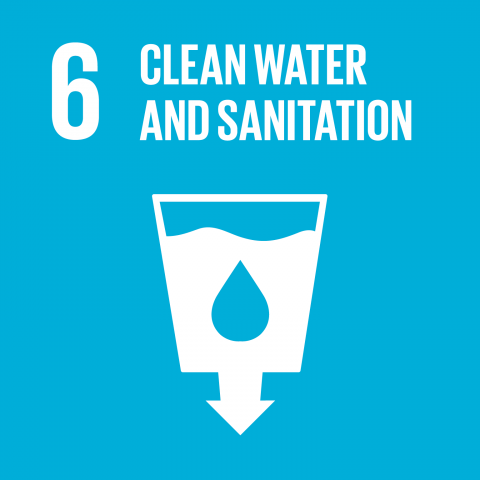
VIEWS promotes nutrition security by addressing malnutrition among children, adolescent girls, and women in rural and urban slum communities of Odisha. We focus on low-cost, sustainable, and community-led solutions. Key efforts include promoting kitchen gardens and backyard poultry, providing nutrition education for mothers, and demonstrating affordable, healthy recipes. We collaborate with Anganwadi centers to improve supplementary nutrition and support households in growing their own food. Training on post-harvest storage, value addition, and awareness on maternal and child nutrition further enhances impact. We also promote indigenous seeds and traditional food practices to strengthen food sovereignty and ensure long-term nutritional well-being.
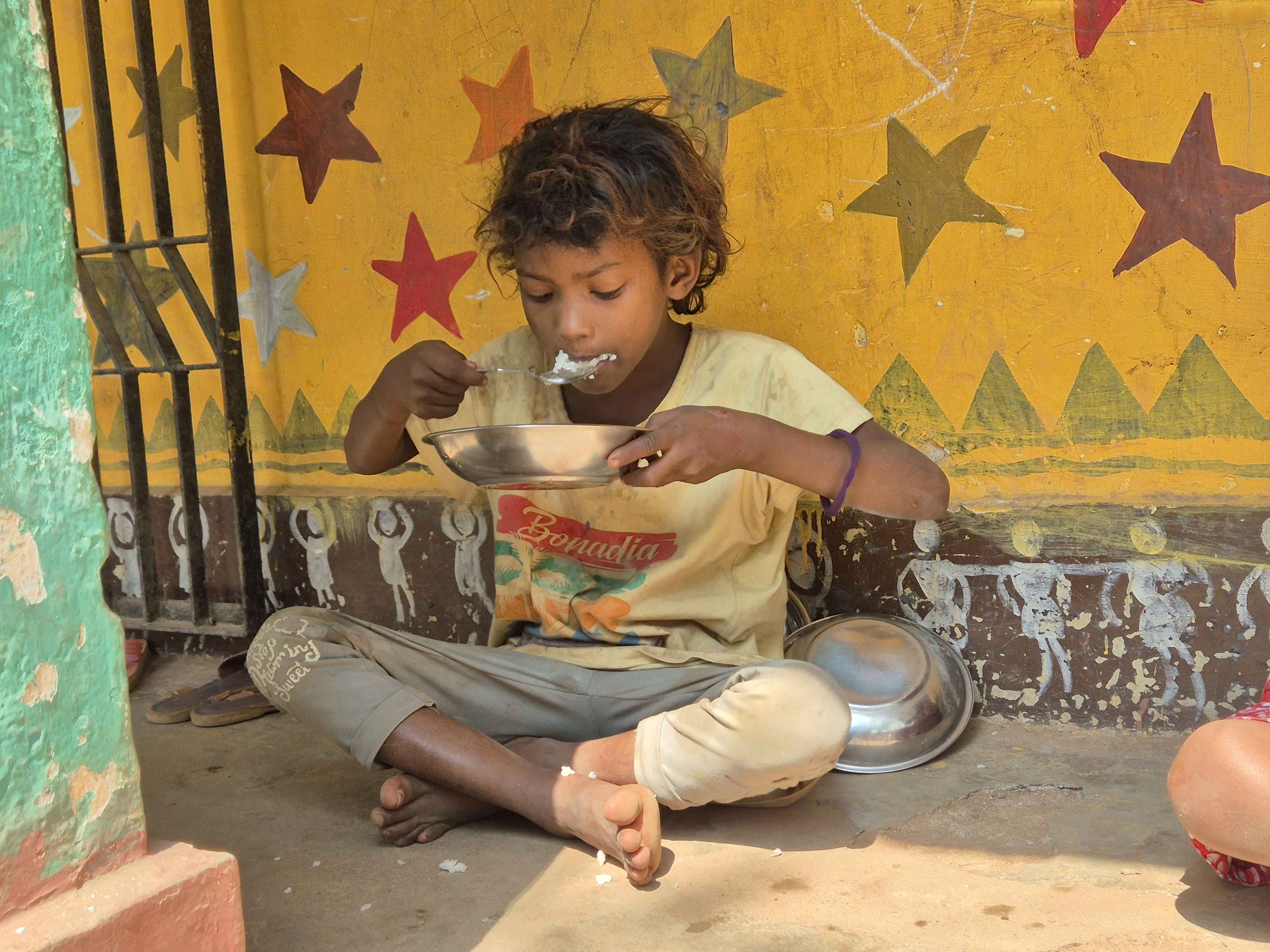
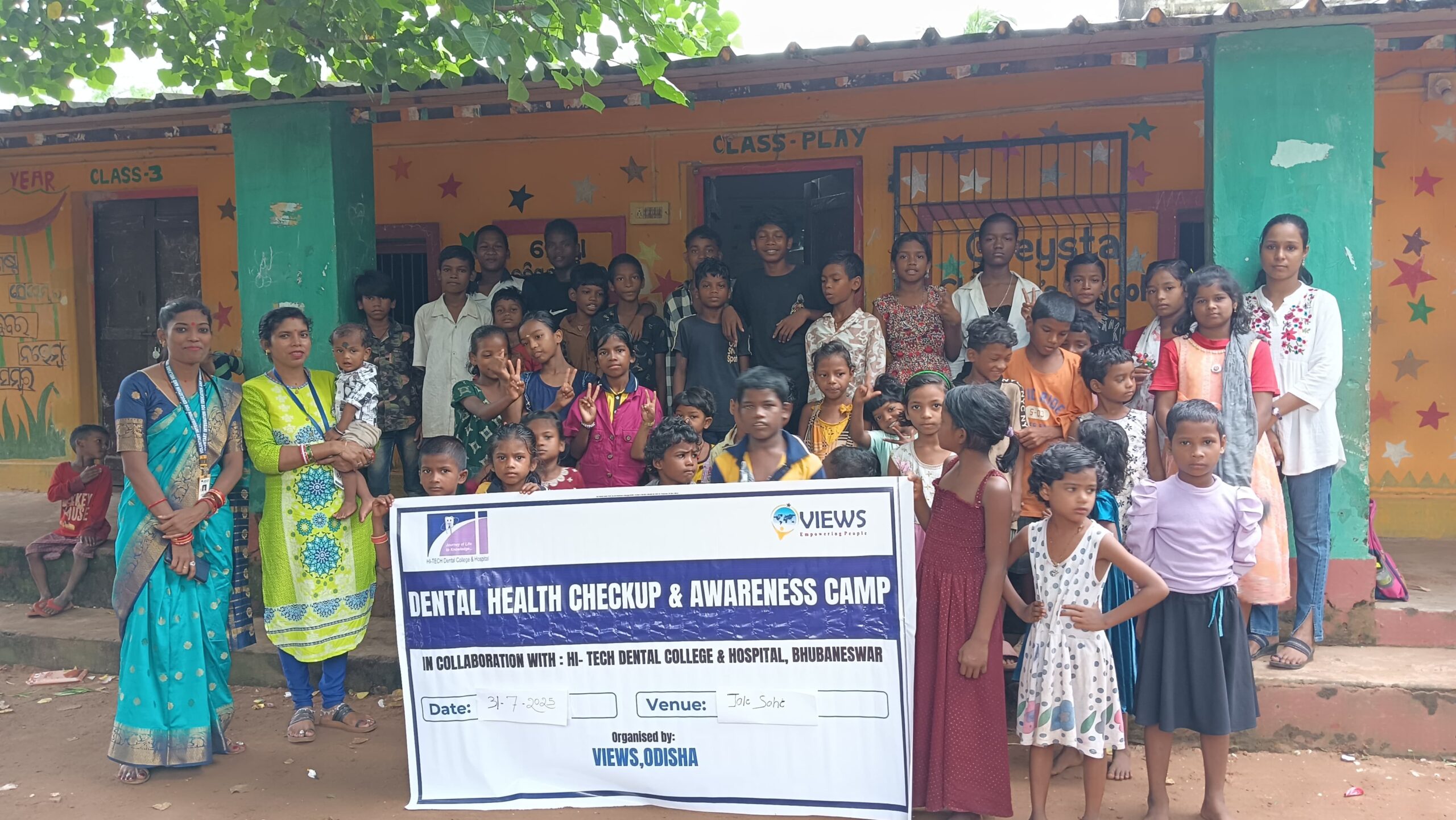
VIEWS strengthens community health by bridging the gap between rural populations and essential health services. We conduct awareness campaigns on communicable diseases like malaria, TB, and dengue, while promoting hygiene, sanitation, and disease prevention. Our trained community health volunteers and adolescent peer educators lead local sessions on first aid, menstrual health, and nutrition. We facilitate referrals to government health centers for antenatal care, immunization, and family planning. By engaging men and boys, we foster inclusive health practices. Demonstrations on handwashing, use of safe drinking water, and IEC materials help embed lasting health habits in vulnerable communities.
VIEWS empowers adolescents with knowledge and confidence to make informed decisions about their bodies and futures. Through comprehensive sexuality education in schools and communities, we break the silence around puberty, consent, and reproductive health. Trained peer educators create safe spaces for open dialogue, while youth are linked to confidential, youth-friendly health services and counselling. By engaging parents, teachers, and local leaders, we challenge stigma and promote gender-sensitive mindsets. In collaboration with healthcare providers, we ensure access to accurate information and essential services—helping young people lead healthy, informed, and empowered lives.
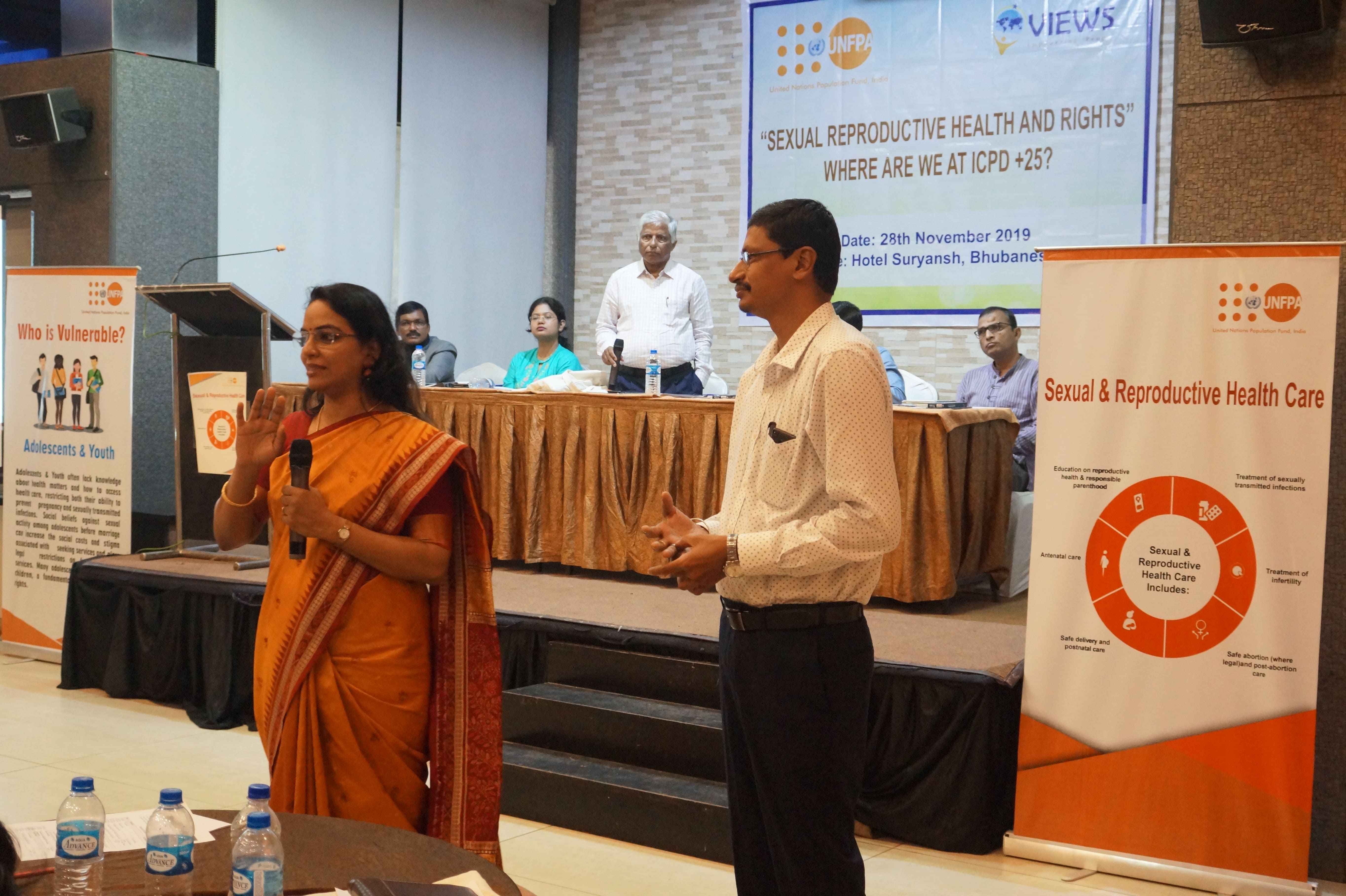
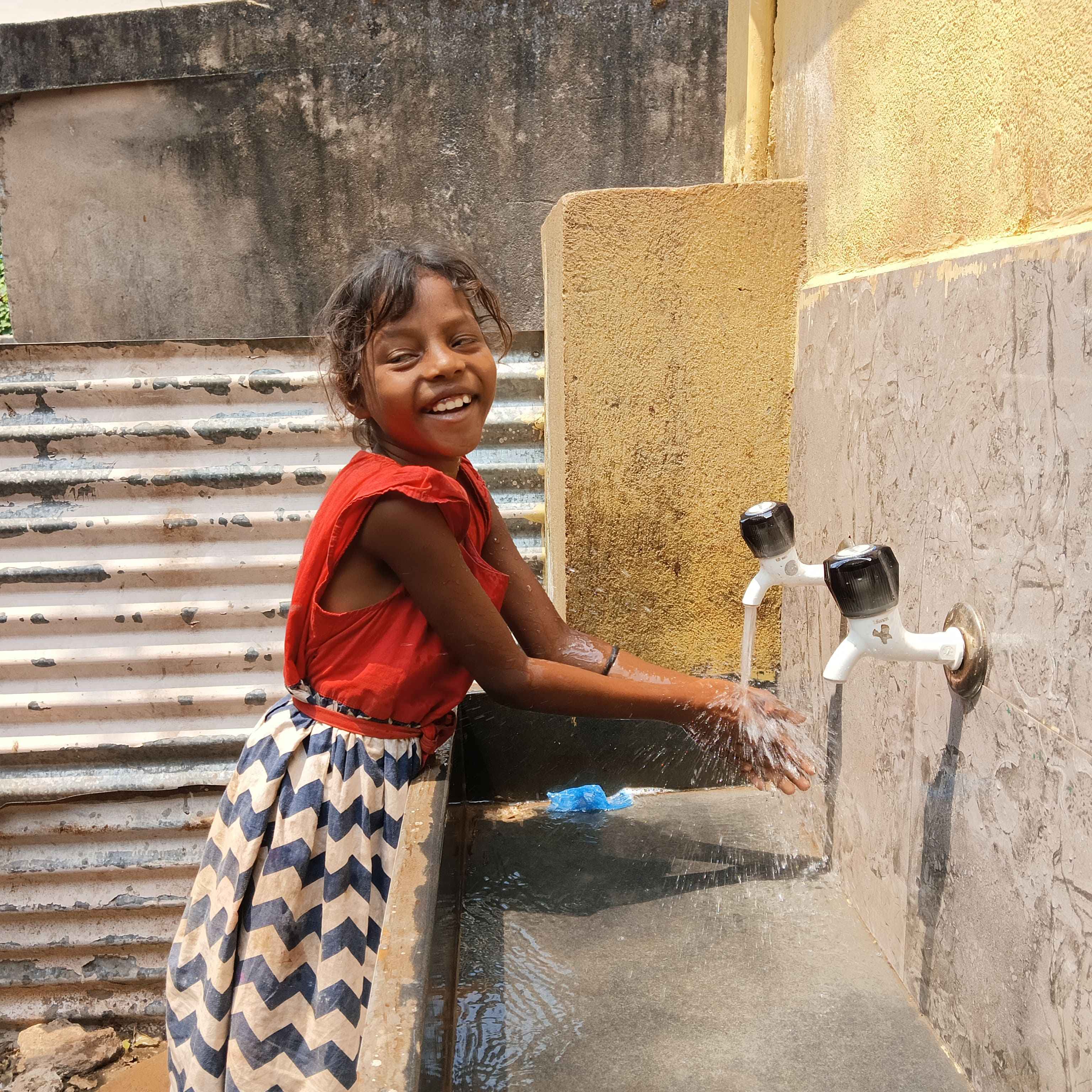
VIEWS works to ensure safe water and sanitation access as a foundation for health and dignity in underserved communities. We promote the construction and use of toilets, especially in households and schools, and conducted a study on gender-friendly toilets in Bhubaneswar Municipality to guide inclusive WASH planning. Communities are trained in water purification, rainwater harvesting, and sustainable water practices. In schools, we implement child-friendly WASH programs that build lifelong hygiene habits, reduce illness, and prevent school dropouts—particularly among girls. Our approach combines training support with behavior change to create healthier, more resilient communities.
VIEWS is breaking the silence around menstruation to protect the health, dignity, and education of adolescent girls and women. We conduct awareness sessions in schools and communities to challenge taboos and promote accurate knowledge. Girls receive low-cost sanitary pads and training in eco-friendly alternatives, with some learning to produce their own as a livelihood option. By engaging boys, parents, and teachers, we foster supportive environments. VIEWS also partners with schools to improve WASH facilities and integrate MHM into health education. These efforts ensure that no girl misses school or suffers in silence because of her period.6. Water, Sanitation, and Hygiene (WASH)
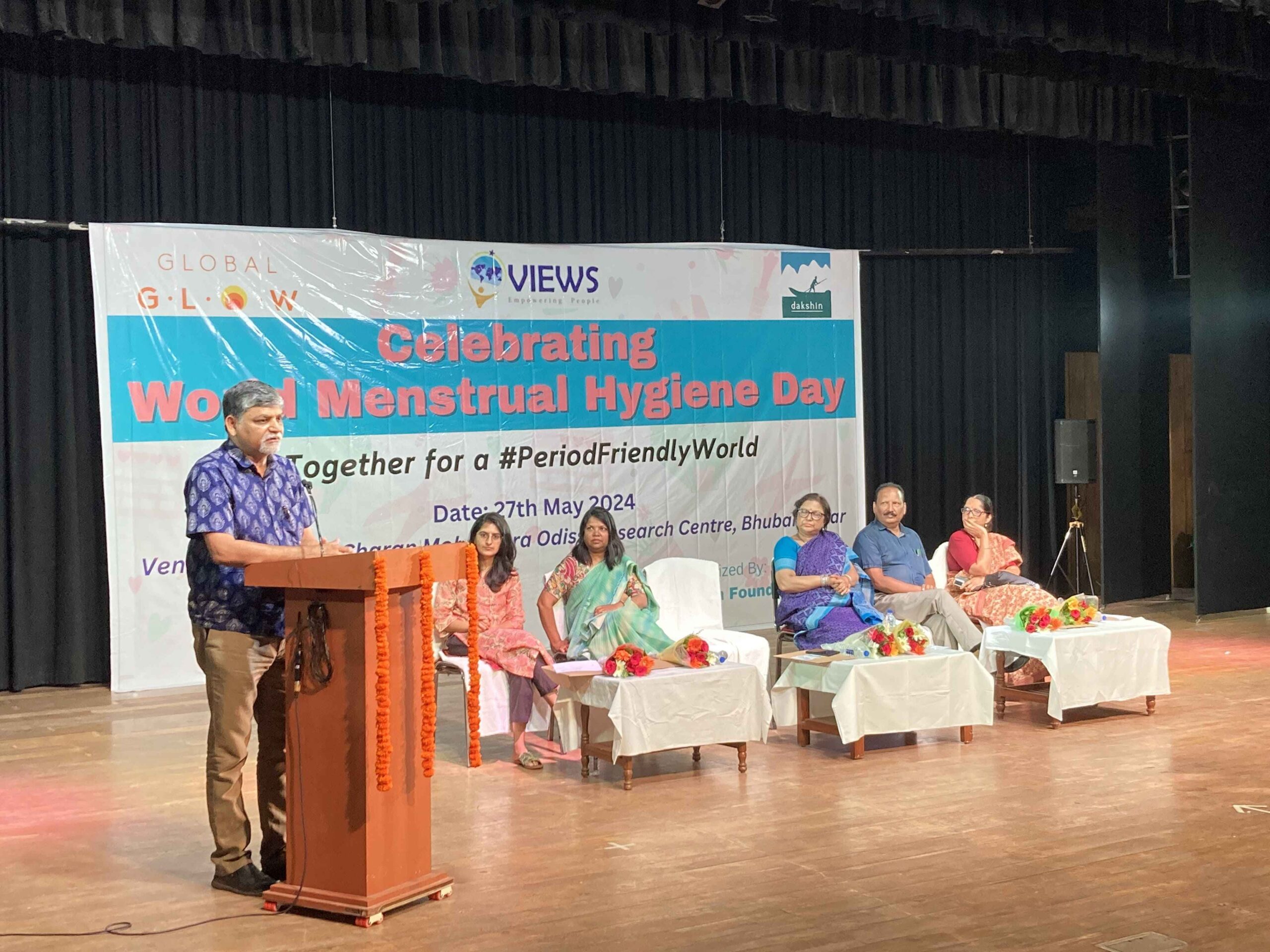
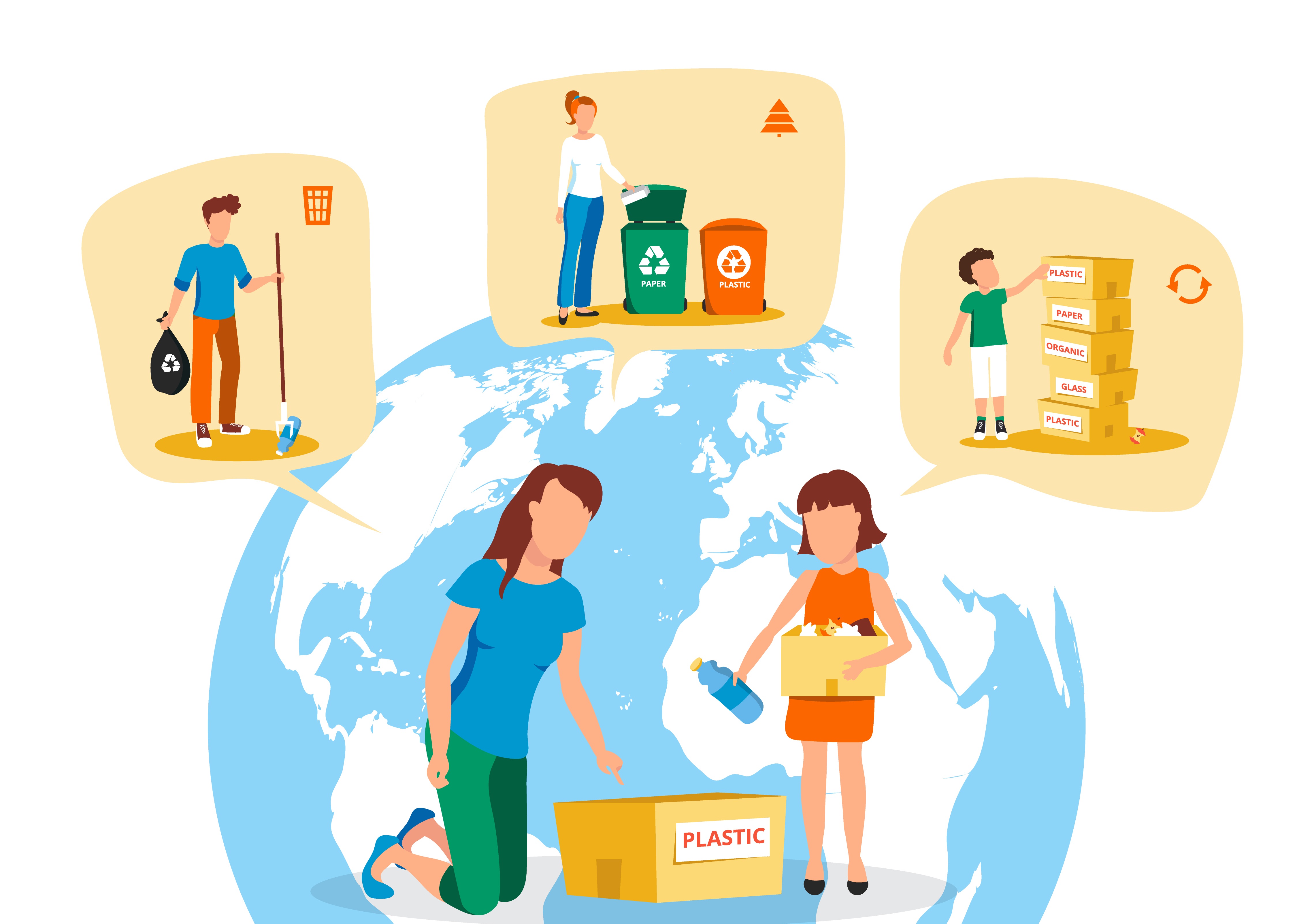
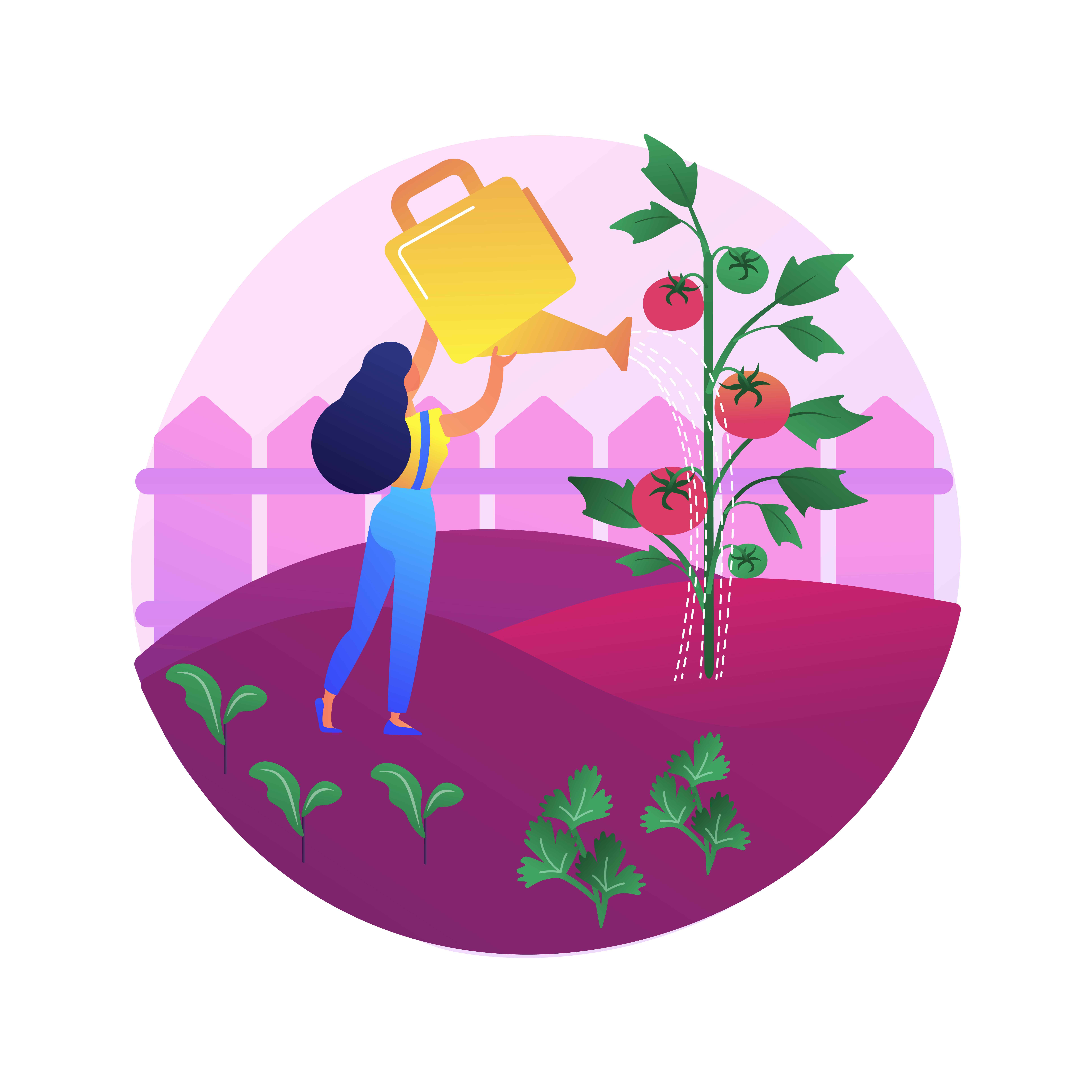
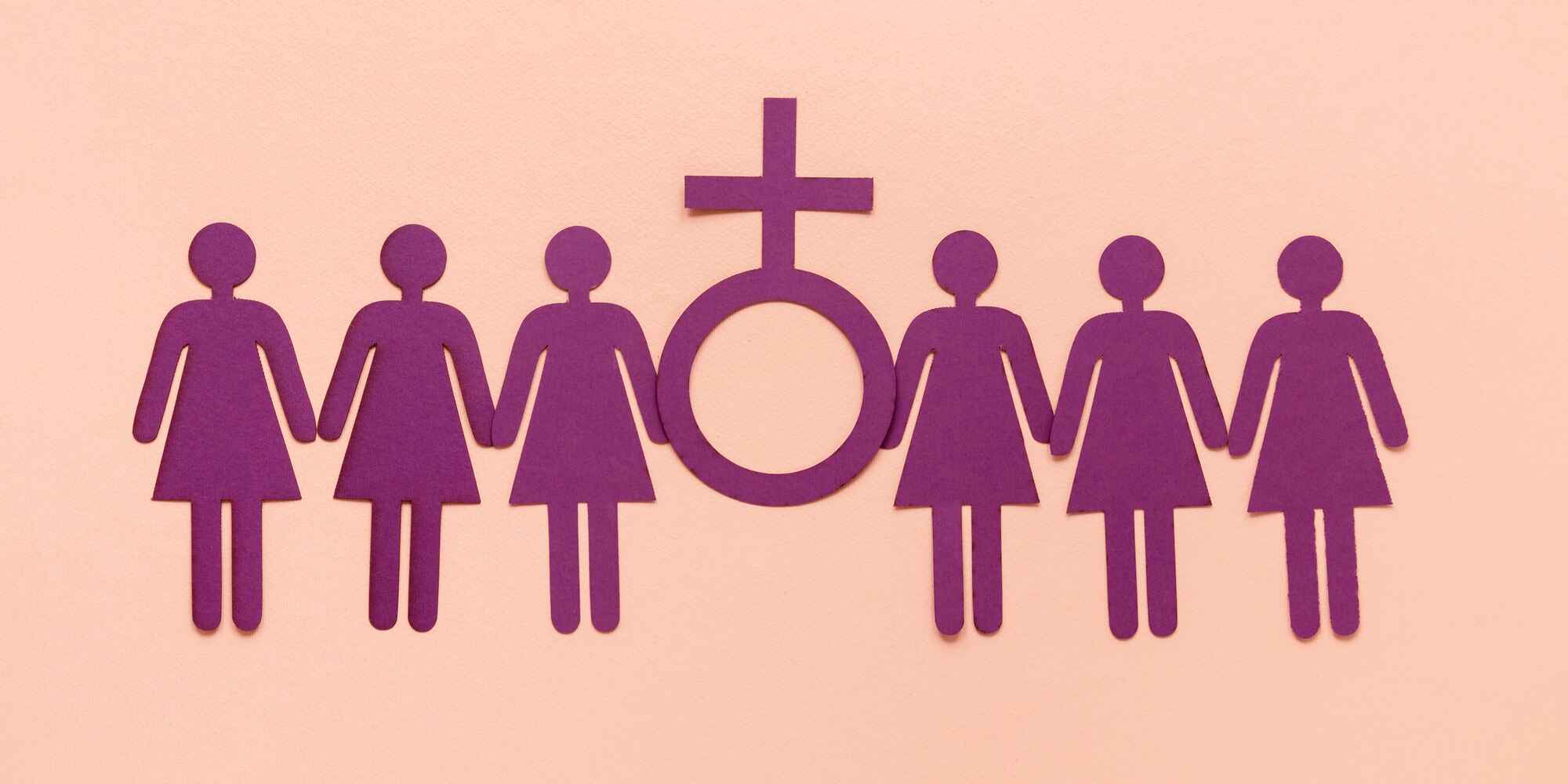
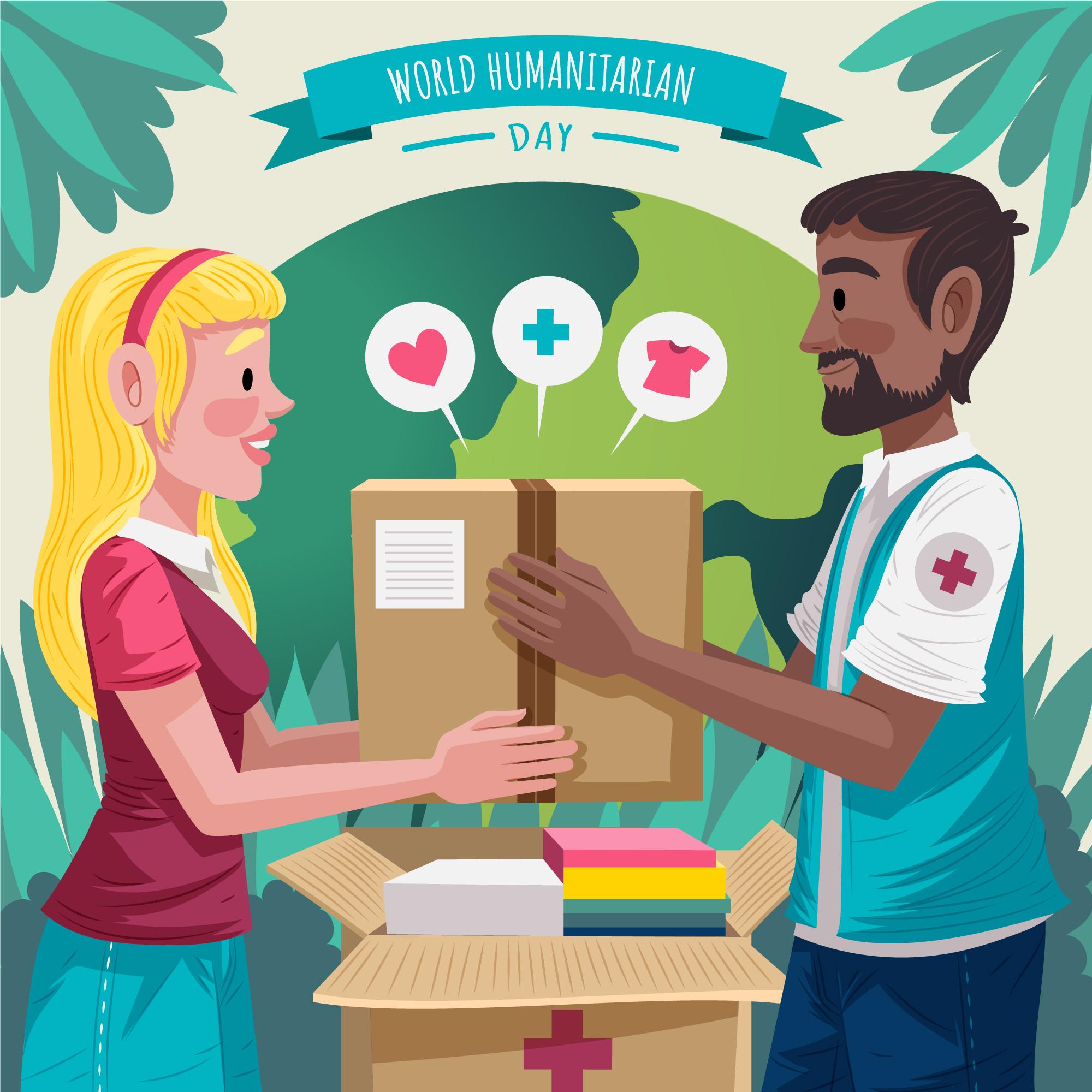
VIEWS (Voluntary Integration for Education and Welfare of Society) is a grassroots development organization committed to empowering children, youth, and women in Odisha. Since 2008, we have been driving change through sustainable livelihoods, quality education, and climate resilience initiatives—building stronger, more inclusive, and self-reliant communities.
Sitakanta Pani is a finance professional having 14 years of experience in accounting, auditing, and financial management. He is proficient in Tally Prime, GST, TDS, EPF/ESI compliance, and financial reporting. His career spans NGOs, private firms, and government-funded projects. Sitakanta excels in managing accounts receivable/payable, preparing financial statements, handling bank reconciliations, and coordinating audits. He holds a Master’s degree in Finance and is skilled in MS Office and PGDCA (A-Level). Currently serving as a Finance Officer at VIEWS, he continues to apply his expertise in a challenging role, contributing to effective financial governance and operational efficiency.
Ms. Ipsa Pratibimbita Sarangi is the Regional Lead for the East Central office of the National Foundation for India, leading programs that empower marginalized communities. With nearly 21 years in the development sector, she has worked with PRADAN, CARE India, and NRLM. Her expertise includes governance, social inclusion, women’s empowerment, gender equality, leadership development, and financial inclusion. She is also committed to mentoring young development professionals. Ms. Sarangi holds a postgraduate degree in Mass Communication and a Postgraduate Diploma in Disaster Management, bringing both strategic vision and grassroots experience to her impactful work in the sector.
Sasmita Kumari Nayak is a committed social development professional with 7 years of experience in livelihood promotion, education, and programme management. Currently serving as Lead – Fundraising and Communications at VIEWS, she has worked with several national NGOs and is skilled in stakeholder engagement, HR, communication, team leadership, planning, and IEC material development. She holds an MBA in Human Resources and a Postgraduate Diploma in Rural Development (PGDRD). Known for her dedication and leadership, Sasmita is passionate about driving inclusive and sustainable development and continues to contribute meaningfully to the social sector through strategic programme and communication initiatives.
Ashis Mahapatra is a dedicated finance and HR professional with over four years of experience in the development sector, working with organizations like VIEWS and CYSD in Bhubaneswar. He holds an MBA (HR and Finance) and a B.Com, combining academic knowledge with practical skills in financial management, HR operations, and legal compliance (TDS, IT, FCRA). Ashis has handled budgeting, donor reporting, audits, recruitment, and payroll. Skilled in Tally and trained at Edu Bridge Career Academy.
Mr. Saroja Kumar Satapathy is a development professional having 11 years of experience in livelihood promotion and currently serves as Program Manager – Livelihoods at VIEWS. He holds a Master’s in Social Work and a Post Graduate Certificate in Management. Saroja has led major livelihood projects with expertise in planning, implementation, team coordination, stakeholder engagement, and reporting. Known for his problem-solving and interpersonal skills, he has effectively managed donor relations, action plans, and fund utilization. Deeply committed to sustainable development, he works closely with grassroots communities to foster inclusive growth and build self-reliant, empowered communities across VIEWS’ operational areas.
Mrs. Srilekha Chouhan is a passionate development professional with over 15 years of experience in public health, nutrition, education, and program management. Currently the Senior Program Lead – Education and Partnership at VIEWS, she has worked with SOCH and World Vision India across Odisha, Madhya Pradesh, and Jharkhand. Holding an Executive MBA in HR and a Master’s in Home Science, she specializes in capacity building, CSR engagement, and policy advocacy. Srilekha has effectively collaborated with government departments like NHM, WCD, and SSEPD. Known for her leadership, multilingual skills, and inclusive approach, she drives impactful and community-centered development initiatives.
Mr. Bidyadhar Behuria is a development professional having 20 years of experience in community development, project coordination, and data management. Currently serving as M&E Officer at VIEWS, Bhubaneswar, he excels in community mobilization, project monitoring and evaluation, MIS reporting, and project documentation. He has worked with reputed organizations like Jhpiego, PSI, HLFPPT, and LWSIT, managing large datasets and ensuring data accuracy for M&E. Proficient in Excel, PHP, .NET, and MS Access, he supports data-driven decision-making through dashboards and detailed analysis. Known for his problem-solving skills and commitment to quality, he contributes effectively to complex development initiatives.
Pramod Ku Behera, at VIEWS since October 2024, brings nearly 30 years of experience in the development sector. With academic credentials in B.A.B.Ed., PGDSW & HRD, and MSW, he has led multi-sectoral programs across eight states. Skilled in participatory approaches like PRA and RRA, he champions community-led planning and inclusive development. His expertise spans climate resilience, watershed management, rural entrepreneurship, and disaster risk reduction. Pramod has contributed to key projects such as WORLP, IWMP, CHIRAAG, and MELD. Grounded in grassroots engagement, he has also led evaluations, need assessments, and proposal development for government, CSR, and international partners.
B. Santosh Rao Dora holds a bachelor’s in Commerce and a master’s in Sociology, with over 35 years of experience in Odisha’s development sector. Trained in PRA, LFA, and CBO management, he has worked extensively with civil society and research organizations. His focus lies in enabling community-led actions on rights and entitlements, especially under the Forest Rights Act, Land Act, and livelihood programs. He has contributed to organizations like RCDC, Agragamee, and DFID’s PACS. Formerly Senior Program Manager at CPR-Namati, he now serves as State Thematic Lead (Climate Change and Livelihood) at VIEWS, strengthening grassroots governance and resilience.
Sunil Kumar Ghadei is a development professional with a strong foundation in management and social work. He holds an MBA, a Post Graduate Certificate in Management, and a BSW from NISWASS, Bhubaneswar. With experience at organizations like People’s Forum, Pragati, APMAS, and VIEWS, he specializes in project management, microfinance, training, and data systems. As Program Head at VIEWS, he leads strategic planning and program implementation across sectors such as livelihood, education, climate change, and disaster risk reduction. Sunil is passionate about community-driven development, excels in resource mobilization, and strengthens institutional systems to ensure sustainable impact for marginalized communities.
A development specialist with over 35 years of experience in humanitarian response and resource mobilization. He has led extensive emergency interventions, planning, resource mobilization strategies, and increasing organizational awareness through media coverage. His areas of expertise include disaster risk reduction (DRR), child cantered humanitarian response, and climate change adaptation. He has held several high-level positions, including Head of Humanitarian & DRR-CAA at Save the Children, Vice Chairperson of the Sphere India Humanitarian Coalition, Regional Emergency Officer at Christian Aid, and Senior Manager of Public Relations & Communications at Caritas India. Under his able guidance, development and humanitarian initiatives have advanced both qualitatively and quantitatively, helping people all over India.
Ms. Sonal is a seasoned development professional with over 15 years of experience in managing and implementing social development projects across India. An MSW graduate from the Tata Institute of Social Sciences (TISS), she is currently the Associate Director at Sutra Consulting, offering strategic and technical support across sectors like education, health, gender, livelihoods and social protection. She specializes in program management, monitoring and evaluation, capacity building and policy advocacy. With strong leadership and communication skills, Ms. Sonali has effectively engaged government bodies and diverse stakeholders to design scalable, impactful initiatives that promote inclusive development and social equity.
Mr. Bomudu Daseya, a native of the coastal fishing community, brings over 15 years of experience spanning the development and private sectors. He has worked with the Hindustan Latex Family Planning Promotion Trust (HLFPPT) on the Healthy Village Project, focusing on family planning, HIV/AIDS awareness, and social marketing in rural Chatrapur. His strong grassroots engagement and deep knowledge of local issues make him a vital asset to VIEWS. Mr. Daseya plays a key role in promoting youth leadership, community empowerment, and local governance, strengthening VIEWS’ connection with coastal communities and advancing inclusive, community-driven development initiatives.
Ms. B. Gopamma is a grassroots leader with over 25 years of hands-on experience in mobilizing and strengthening Self-Help Groups (SHGs). She serves as the President of the SHG Federation Divya Jyoti Mahila Vikash, playing a pivotal role in empowering women at the community level. Her impactful work in advancing women’s empowerment and promoting menstrual hygiene solutions has earned her national recognition, including a fellowship from the Ratan Tata Virtual Academy and the Change Agent of Odisha award by Yes We Can, Bhubaneswar. Ms. Gopamma’s dedication continues to inspire and uplift women in underserved communities.
Mr. G. Krishna Rao is a committed social development professional with over 20 years of experience in community empowerment, youth development, education, and social welfare. He has worked with diverse organizations including Nehru Yuva Kendra, Lutheran World Service India, HSBC, SWAD, and De Paul Public School. Currently, he is associated with the Franciscans Missionary of Mary Social Service Society, focusing on empowering children and women in coastal fishing villages. His work promotes inclusive development and sustainable livelihoods. Mr. Rao’s career reflects a strong dedication to grassroots change and uplifting marginalized communities through education, social programs, and capacity-building efforts.
Mr. Bheema Rao brings over 26 years of experience in academia and the international development sector, having worked with esteemed organizations such as World Vision India, Caritas India, DFID, GFTAM, JICA, and others. He holds an extensive academic background, including a Post-Graduate Diploma in Management, M.Com, and diplomas in NGO Management, Rural Development, and Industrial Relations. Currently pursuing a Ph.D. at Ravenshaw University, Odisha, his research focuses on the transformation of NGOs into NBFCs. Mr. Rao’s vast expertise spans program implementation, management, and policy, making him a valuable contributor to development initiatives across India and beyond.
Mr. R. Govindraj Michael is a professional with 25 years of experience in programme and finance management within the development sector. Holding degrees in Commerce and Sociology, and certified in IFRS, he has worked with leading INGOs such as Plan International, World Vision India, and Caritas India. His expertise spans project finance, FCRA, taxation, procurement, compliance, and donor reporting for major funders like the EU, USAID, DFID, and UNICEF. He has collaborated with global audit firms including KPMG and EY, and has extensive grassroots and international exposure. Mr. Michael also serves on boards and committees of several organizations.
Mr. D. Rama Rao is a seasoned development and humanitarian professional with over 26 years of experience in child development, disability inclusion, disaster response, and climate change adaptation. He has held senior roles in international NGOs like Lutheran World Service India, Handicap International, Save the Children, and Child Fund India. Holding a Master’s in Rural Development, he brings technical expertise in disaster management, resilience building, and child protection. Mr. Rao has led large-scale programs across India, Nepal, and Sri Lanka, including in conflict-sensitive areas. He currently serves with the Disaster Risk Reduction and Management Unit of CCF in New Delhi.